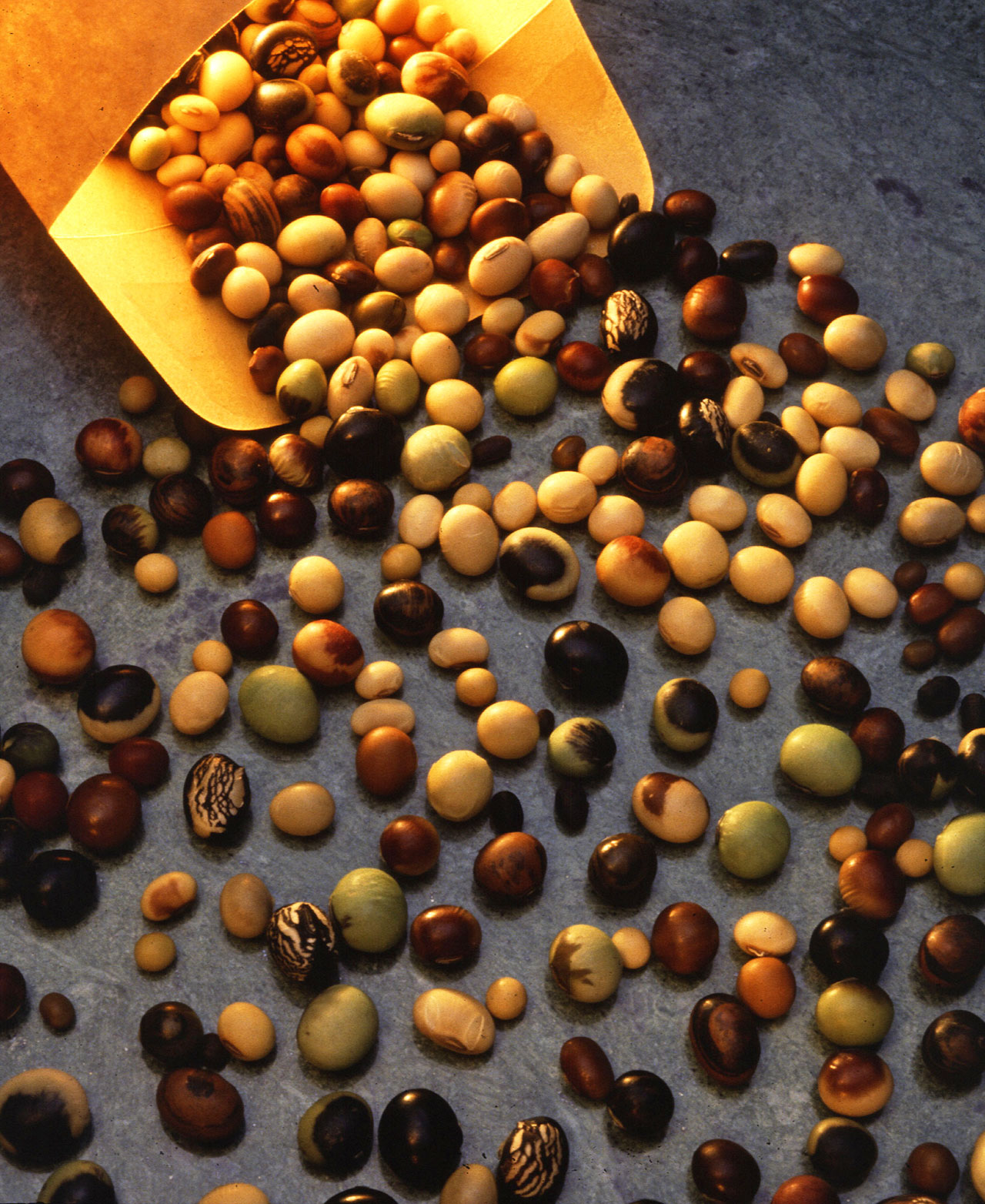Fibre should play an important part in any healthy, balanced diet, yet many of us don’t eat as much as we should. It helps to manage our appetite as it keeps us feeling full but while we should eat at least 18g a day, we in Ireland eat on average only 14g.
Fibre or roughage as it’s also known, plays an essential role in maintaining health, controlling your appetite, blood sugar and cholesterol levels, keeping your weight down and reducing your future risk of Bowel Cancer, cardiovascular disease and Type 2 Diabetes. Fibre has two different forms, and while they are both good for our bodies, they both have different uses:
- Soluble fibre moves waste through the body more quickly as it absorbs water in the intestine, while at the same time reducing the amount of cholesterol in your bloodstream.
- Insoluble fibre can help to make your waste softer and more bulky which in turn enables it to pass through your intestines faster. This can help reduce the risk of constipation and also help reduce your risk of developing irritable bowel syndrome and even bowel cancer. Your soluble fibre intake can be increased with more potatoes, beans, soya products, oats, lentils and fruit and vegetables. Insoluble fibre can be found in breakfast cereals, wholemeal bread, and fruit and vegetables.
Getting more fibre in our everyday diets
Great sources of fibre include fruit, vegetables, brown bread, pasta and rice, oats, beans, pulses, lentils and foods that include whole grains. The browner it is, the more fibre it’s likely to have. Remember to check the label—high-fibre foods have at least 6g of fibre per 100g of food.
Keeping your cupboards full of wholegrain pasta, seeded bread, brown rice, whole-wheat crackers and rye is a good way of increasing your fibre intake. You might also want to start your day with a high-fibre cereal such as muesli, which contains both soluble and insoluble fibre. Another option is porridge, and either can be topped off with fruit such as bananas, which increases the fibre intake even more.
You should also ensure you eat your five-a-day. Fruit and vegetables contain most fibre before they have been cooked, so eating some of them raw will be even more beneficial. When you fancy a snack, you can get yet more fibre if you eat dried nuts, raisins, wholemeal biscuits and even popcorn.
You can also use lentils, barley and brown rice when making stew, casseroles and soups, while adding mixed beans to a salad will also provide a big fibre boost.
If you are increasing your fibre intake, you should look to do so gradually to ensure you don’t suffer from bloating or stomach cramps. You’ll also help your digestion if you drink six to eight glasses of water a day




